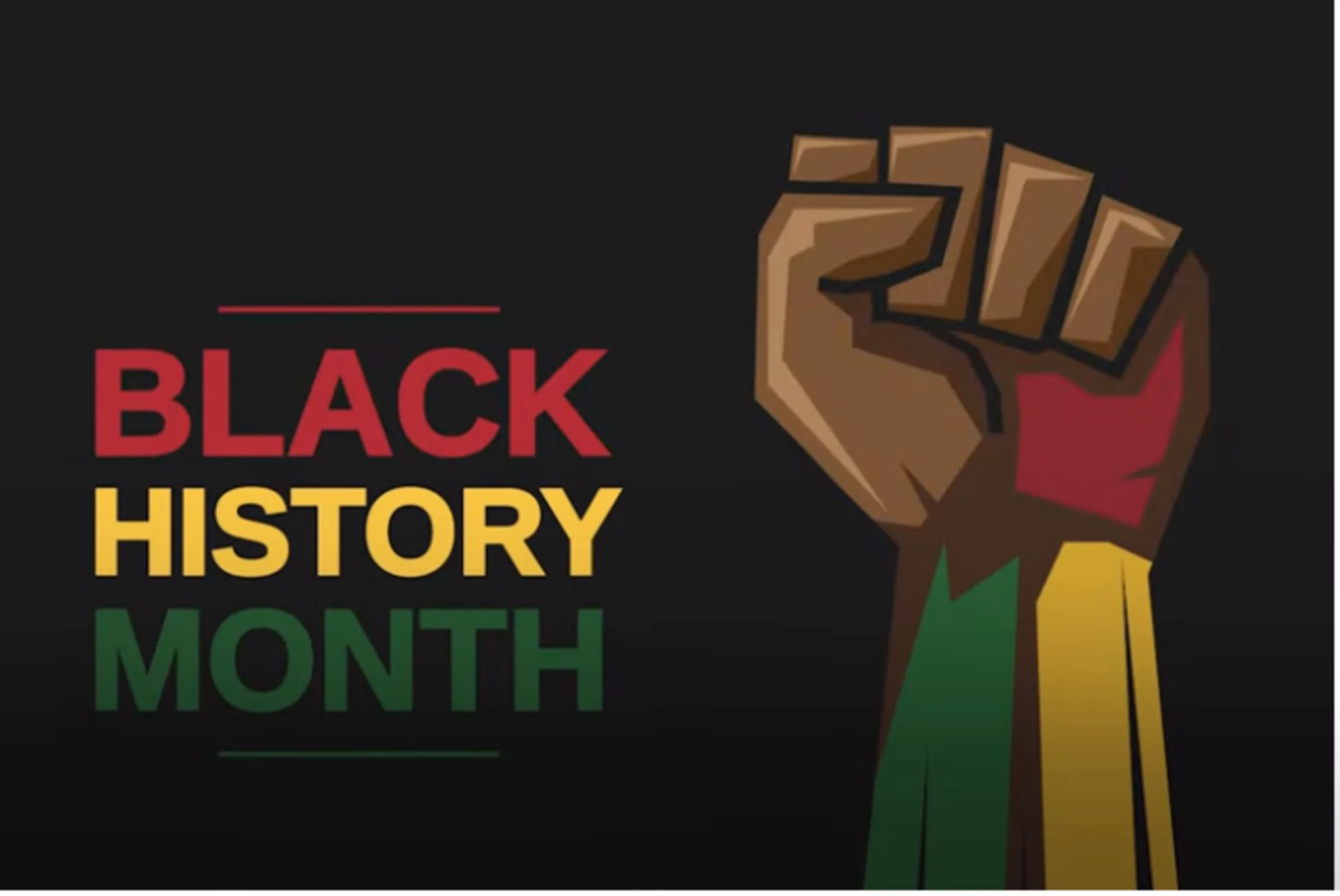Black History Month is celebrated in the United States and some other countries in the month of February to honor and celebrate the achievements, contributions, and history of African Americans. Here are some quotes that reflect the spirit and importance of Black History Month:
“We may face many defeats, but we would not give up.” -Maya Angelou
“The time is always right to do what is right.” – Martin Luther King Jr.
“Hold on to dreams, because if dreams die, life is a bird with a broken wing that cannot fly.” – Langston Hughes
“Don’t bring people into your life that bring you down. And trust your instincts – good relationships feel good. They feel right. They don’t hurt.” – Oprah Winfrey
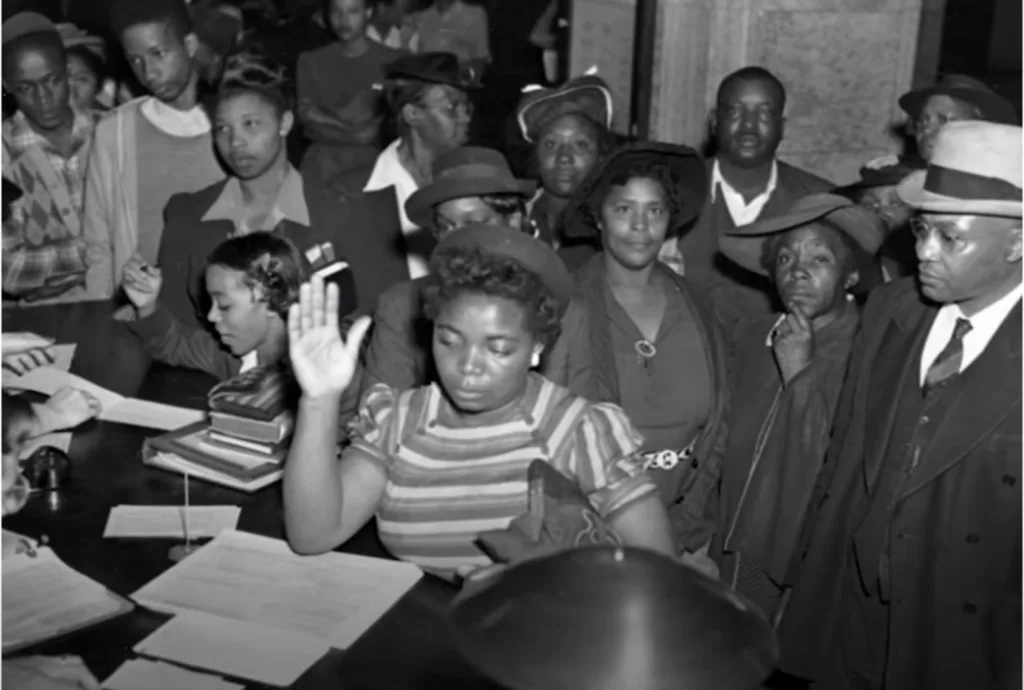
“The price of freedom is less than the price of oppression.” – W.E.B. Du Bois
“Excellence is doing something ordinary in an unusual way.” – Booker T. Washington
“I had no idea history was being made. I was tired of giving up.” – Rosa Parks
“If you want to fly, you have to let go of the things that weigh you down.” -Toni Morrison
These quotes, among many others, reflect the resilience, wisdom, and determination of individuals who have played a significant role in shaping black history and culture.
They serve as an inspiration and reminder of the ongoing struggle for equality and justice.
Black History Month has its roots in the early 20th century, developing from the efforts of African American scholars, teachers, and activists who recognized the need to highlight the often overlooked contributions of Black individuals throughout history.
Dr. Carter G. is credited with founding Black History Month. Woodson’s pioneering work.
Establishment of Negro History Week :

In 1926, Dr. Carter G. Woodson, often called the “Father of Black History”, initiated the celebration of Negro History Week.
The event was scheduled in February to coincide with the birthdays of Abraham Lincoln and Frederick Douglass, both of whom had significant influences on African American history.
The goal of Negro History Week was to promote the study of black history in schools and communities and to increase awareness of the achievements of African Americans.
Black History Month Extension :

Over the years, Negro History Week gained popularity and became an annual celebration. However, it was not until the late 1960s that the festival expanded into a month-long event.
Black United Students and black faculty at Kent State University proposed the idea of expanding the week to a month-long celebration in 1969.
The first Black History Month was officially observed at Kent State in 1970.
Official recognition:
Recognition and support of Black History Month continued to grow in the 1970s.
In 1976, as part of the United States Bicentennial, President Gerald Ford officially recognized Black History Month, and asked Americans to “take the opportunity to honor the often neglected achievements of black Americans in every field of endeavor in our history.” Urged to take advantage.
Themes and Commemorations :
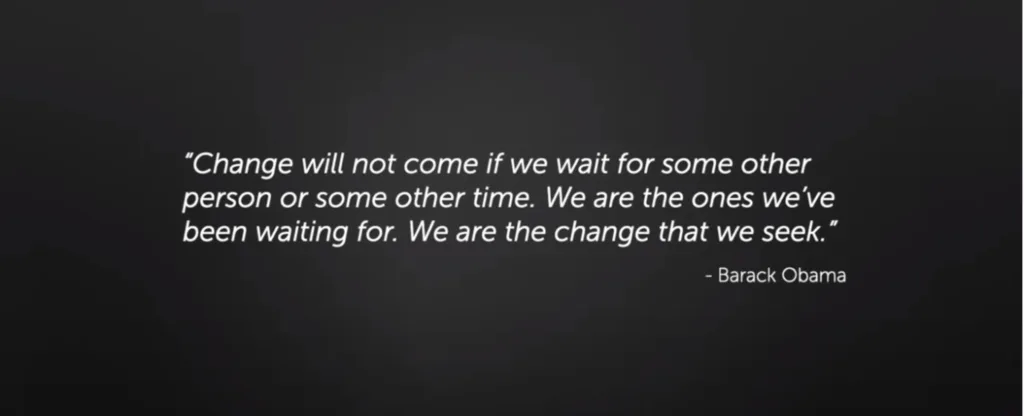
Each year, Black History Month has a specific theme that focuses on a particular aspect of African American history or culture.
These themes help guide events, discussions, and educational initiatives during the month.
Global Overview :
While Black History Month originated in the United States, it has gained recognition and observance in other countries, celebrating the global contributions of people of African descent.
Black History Month serves as a time to reflect on the struggles and accomplishments of African Americans, educate people about the richness of black history, and promote understanding and appreciation for the diverse contributions of black individuals to society. .
The month provides an opportunity to acknowledge the ongoing fight for equality and justice while celebrating the cultural heritage of the African American community.
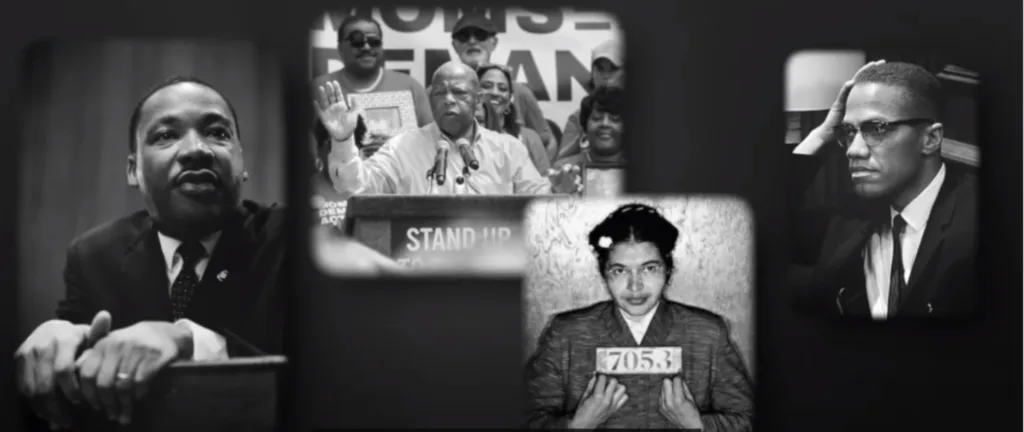
The term “Black History Month” itself came into use as the celebration evolved from Negro History Week to a month-long celebration.
The change in name reflects the expanded focus and recognition of the contributions, achievements, and history of African Americans throughout the month of February.
The change to “Black History Month” was part of a broader effort to emphasize the ongoing relevance and importance of black history.
As the celebration grew from the original week-long event, the term “Black History Month” became widely adopted in the late 1960s and early 1970s.
This change reflected a desire to move away from the term “Negro”, which was considered outdated and had historical associations with slavery and segregation.
The new name, “Black History Month”, not only signals a longer and more widespread celebration, but also contributes to a more contemporary and inclusive framework of observance.
It acknowledged the diversity and richness of the African American experience, including a wide range of historical, cultural, and social contributions.
The name change was part of a broader cultural shift during the Civil Rights Movement and the Black Power movement, where there was a renewed emphasis on pride in African American identity and a push for more accurate and positive representation in history and society.
The term “Black History Month” reflects the broader goals of recognizing and celebrating the full spectrum of African American contributions throughout history.
Black History Month has a political connotation, rooted in the broader context of the Civil Rights Movement and efforts to address systemic racial inequality in the United States.
The establishment and recognition of Black History Month has political implications that are connected to the ongoing struggle for civil rights, social justice, and equality.
Civil Rights Movement :
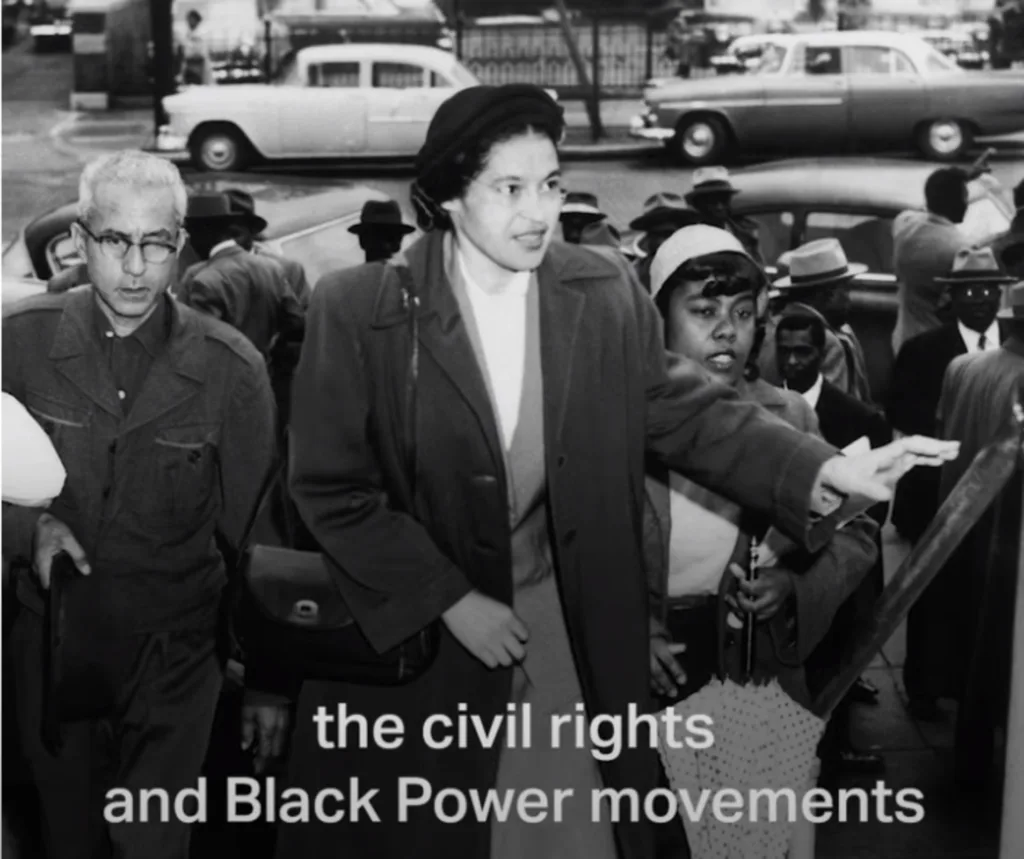
The 1960s, a period marked by the Civil Rights Movement, saw significant progress in the fight against racial segregation and discrimination.
The effort for equal rights, led by figures such as Martin Luther King Jr., was aimed at eliminating institutional racism and promoting social and political equality for African Americans.
Black Power Movement :

The late 1960s and early 1970s saw the rise of the Black Power movement, which sought to emphasize pride in African American identity, self-determination, and community empowerment.
The movement played a role in reshaping the narrative around black history, culture, and contributions.
Educational and Cultural Empowerment:
The establishment of Black History Month, initially as Negro History Week, was part of a broader effort to address the lack of representation and accurate portrayal of African American history in educational curricula and cultural narratives.
Its purpose is to empower the African American community by promoting a more comprehensive understanding of their history and contributions.
Recognition and Representation:
The political aspect of Black History Month lies in its recognition of the historical and ongoing struggles faced by African Americans. By setting a specific month to celebrate black history, there is political acknowledgment of the need for a more inclusive historical narrative and increased representation in various aspects of society.
Advocacy of equality :
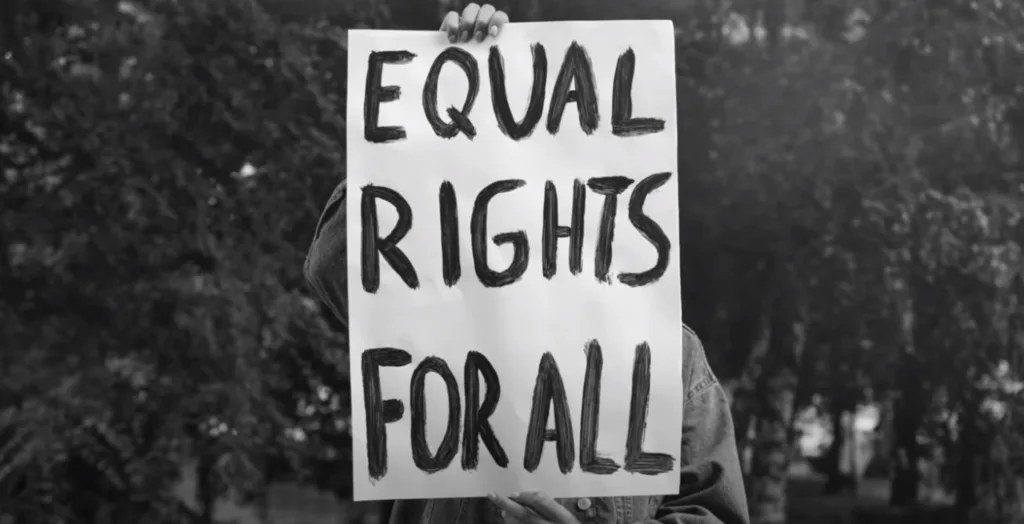
The observance of Black History Month is in line with political and social movements advocating racial equality and justice.
It is a reminder of the work that still needs to be done to address systemic racism and promote a more equitable society.
While Black History Month is a celebration of achievements and contributions, its roots in political and social movements highlight the ongoing need to address issues of racial injustice and inequality.
The month provides an opportunity to engage in conversation about the historical and contemporary challenges facing the African American community, thereby fostering a deeper understanding of the political dimensions of the pursuit of equality.
Black History Month is likely to include continued efforts to promote awareness, understanding, and appreciation of African American history and contributions. Here are some possible future aspects of Black History Month:
Expanded Inclusivity :
Recognizing the diversity within the African American community can emphasize inclusivity within Black History Month.
An attempt can be made to highlight the contributions of individuals from different backgrounds, fields and experiences.
Integration into Educational Curriculum :

Efforts to integrate black history into standard educational curriculum can be continued throughout the year, ensuring that the contributions of African Americans are acknowledged and studied in a comprehensive manner.
Global Recognition :
As Black History Month continues to gain global recognition, other countries will adopt similar observances to celebrate the contributions of people of African descent around the world.
Use of Technology :
Technology and social media can play an increasingly important role in spreading awareness and information about Black History Month. Online platforms can facilitate the sharing of stories, achievements, and historical perspectives, reaching a wide audience.
Focus on contemporary issues :
The future of Black History Month may focus more on contemporary issues affecting the African American community, such as social justice, systemic racism, and ongoing efforts for equality.
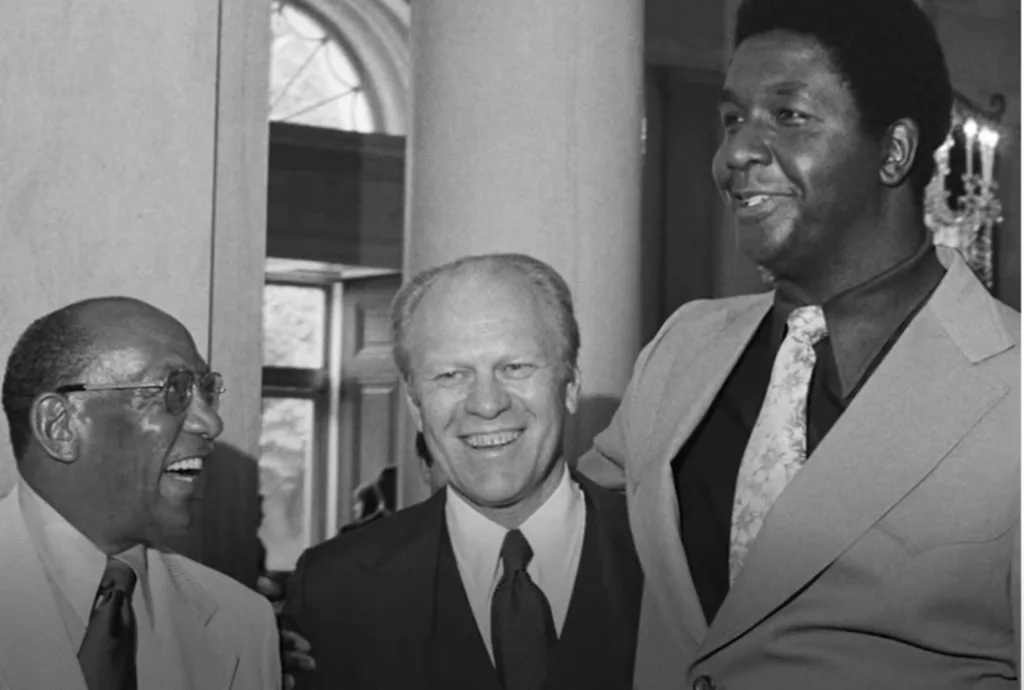
This may include discussions, events and educational initiatives that address current challenges.
Cultural Festival:
Black History Month can continue to be celebrated through cultural events, performances, and artistic expressions that showcase the vibrancy and richness of African American culture.
This may include art exhibitions, concerts and theatrical productions.
community engagement:
Community engagement and grassroots initiatives can play an important role in the future of Black History Month. Local communities can organize events, discussions and projects to celebrate their own unique history and contributions.
Interdisciplinarity :
The future may see a more nuanced exploration of intersectionality within the African-American experience, recognizing and celebrating the contributions of individuals who identify with multiple marginalized groups.
Policy Advocacy:
Black History Month can be associated with advocating for policies that address systemic racism, inequality, and social justice.
This may include a more explicit connection between adherence and ongoing efforts to bring about positive change.

